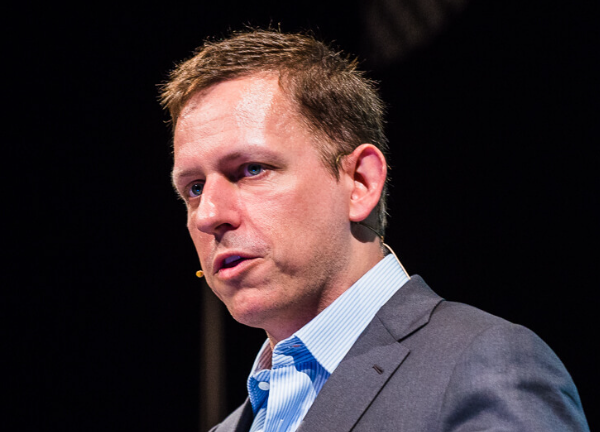Peter Thiel is a figure who has significantly influenced the technology sector, venture capital landscape, and even global politics. Known for his contrarian and forward-thinking approach, Thiel has made a name for himself not only as a successful entrepreneur and investor but also as a thought leader and author. This article delves into the life, career, and impact of Peter Thiel, highlighting his contributions to the technology industry and his broader influence on society.
Early Life and Education
Peter Thiel was born on October 11, 1967, in Frankfurt, West Germany, and moved to the United States with his family at a young age. He showed early promise as a chess prodigy and went on to study philosophy at Stanford University, where he earned his Bachelor’s degree in 1989. Thiel then continued at Stanford to obtain a Juris Doctor degree from its law school in 1992. His time at Stanford was formative, not just academically but also in terms of the connections and philosophical foundations he developed there, which would later influence his business and investment strategies.
PayPal and the PayPal Mafia
Thiel’s entrepreneurial career took off when he co-founded Confinity in 1998, which later became PayPal after merging with X.com, an online banking company founded by Elon Musk. As PayPal’s CEO, Thiel played a crucial role in defining the company’s strategy, leading it through a successful IPO in 2002 and its eventual sale to eBay for $1.5 billion. The early employees and founders of PayPal, famously dubbed the “PayPal Mafia,” went on to start or invest in numerous significant technology companies, including Tesla, LinkedIn, and YouTube.
Venture Capital Success
After PayPal, Thiel turned his attention to venture capital, founding Clarium Capital, a global macro hedge fund, and later co-founding Founders Fund, a venture capital firm. His early investment in Facebook in 2004, when he became the company’s first outside investor and a board member, is particularly notable. This investment, which cost him $500,000, was worth over $1 billion at the time of Facebook’s IPO in 2012, showcasing Thiel’s knack for identifying and supporting future tech giants.
Other Ventures and Influence
Thiel’s interests and influence extend beyond traditional tech startups. He co-founded Palantir Technologies in 2004, a company specializing in big data analytics, which has contracts with government agencies and financial institutions. Thiel has also been involved in various other ventures, including SpaceX, LinkedIn, and Stripe, further cementing his reputation as a visionary investor.
As an author, Thiel has contributed to the discourse on entrepreneurship and innovation. His book, “Zero to One: Notes on Startups, or How to Build the Future,” co-written with Blake Masters, offers insights into creating valuable and unique companies and has become essential reading for entrepreneurs globally.
Political Involvement and Philanthropy
Thiel is also known for his political involvement and philanthropic efforts. A libertarian and later a prominent supporter of Donald Trump in the 2016 presidential election, Thiel has made significant contributions to political causes and candidates. His philanthropic interests are diverse, ranging from life extension research to the Thiel Fellowship, which encourages young people to pursue their entrepreneurial projects instead of traditional education paths.
Conclusion
Peter Thiel’s career spans multiple industries and disciplines, from technology and venture capital to politics and literature. His ability to anticipate trends, coupled with a willingness to take risks on unconventional ideas, has not only yielded significant financial success but has also had a lasting impact on the technology industry and beyond. Thiel remains a polarizing yet undeniably influential figure in the global business and political landscapes, continuing to shape the future of innovation and entrepreneurship.
